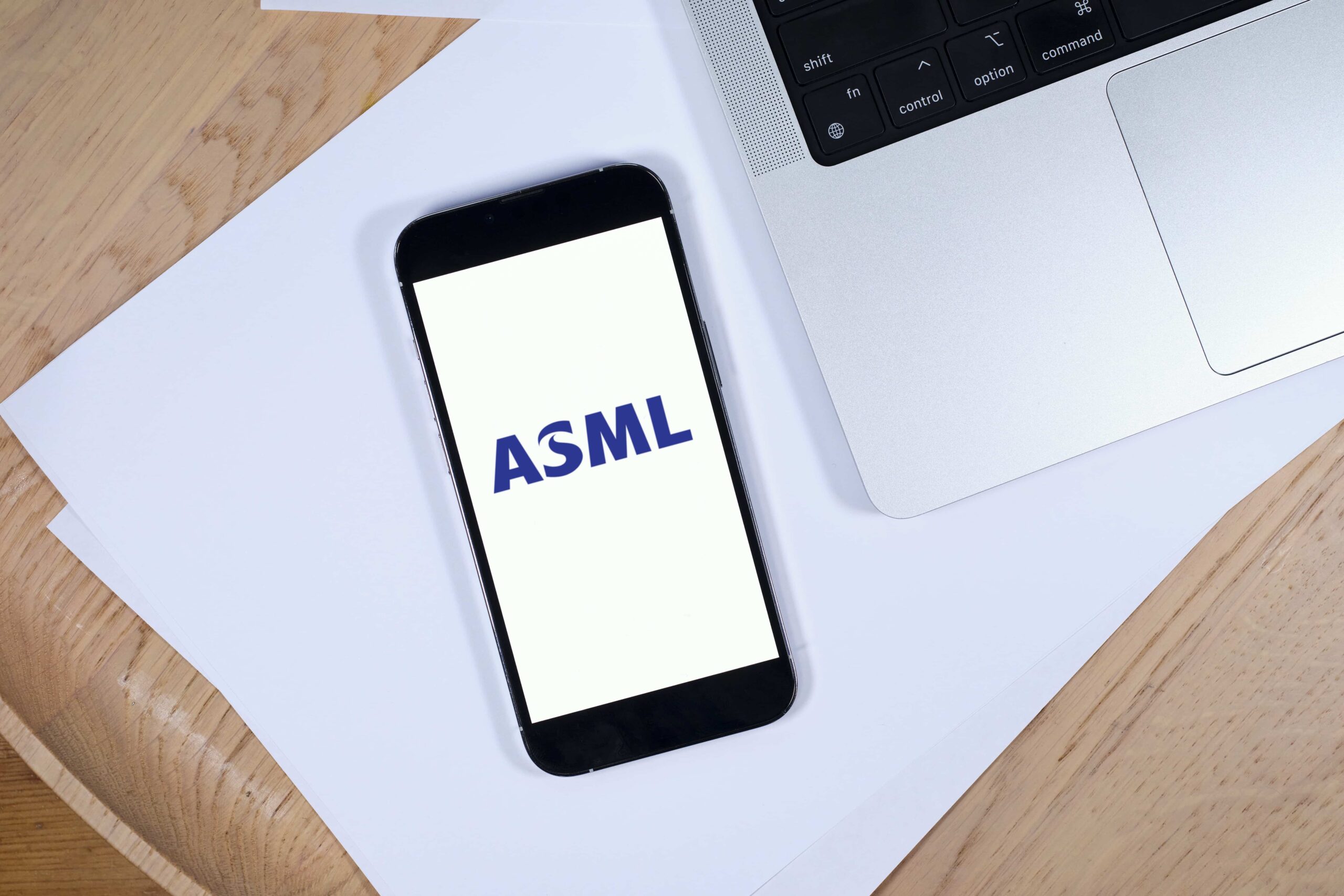ASML, the Dutch semiconductor equipment leader, faced a challenging 2024 as slowing demand and geopolitical tensions weighed on performance.
In the last six months, the company’s share price has fallen by almost 30%, while the Euro Stoxx 600 technology index remained almost flat, falling by 0.75%.
A disappointing third quarter saw ASML lose its position as Europe’s largest tech firm to SAP.
However, signs point to a brighter 2025, fuelled by recovering semiconductor demand and the company’s commanding position in the industry.
ASML stock price: tempered 2024, promising 2025 outlook
ASML revised its 2025 growth expectations downward in its third-quarter report, citing softer-than-anticipated demand.
CEO Christophe Fouquet noted that demands were softer than previously projected due to a slower recovery in the semiconductor industry, with this trend likely to extend into 2025.
The company cut its annual growth expectation to a mid-ten percentage from the previously projected 45%.
However, despite the tempered guidance, ASML expects revenues of €28bn in 2024, a modest 1.4% growth over 2023.
Looking ahead, 2025 net sales are projected to range between €30bn and €35bn, indicating potential growth of up to 25%.
The revised guidance, while conservative, leaves room for upside surprises, especially as the industry’s recovery gathers pace.
Semiconductor spending to drive ASML’s growth?
The global semiconductor market, which struggled in 2022 and 2023, recovered in 2024, albeit slowly, despite the artificial intelligence (AI) boom.
However, some analysts expect spending on semiconductor manufacturing equipment to accelerate in 2025, rising to $121bn—a 7% increase from 2024’s projected $113bn.
This growth trend is expected to continue, reaching $139bn in 2026.
ASML’s cutting-edge extreme ultraviolet lithography (EUV) machines, essential for producing the world’s most advanced chips, position the company to benefit significantly from this recovery.
Its client roster includes industry giants like Taiwan Semiconductor Manufacturing Company (TSMC), Samsung, and Intel, all of which continue to place substantial orders for ASML’s equipment.
Fouquet expressed optimism about ASML’s long-term prospects, projecting revenues between €44bn and €60bn by 2030 with gross margins improving to 56%-60%, up from 51% currently.
When it comes to 2030, we are still very, very bullish.
The US tightened restrictions on chip exports to China in December, a move that impacted the global semiconductor supply chain.
However, ASML was exempted from these measures and maintained its outlook for 2025, while reducing China’s contribution to its business to around 20%, down from nearly half.
“We do not expect any direct material impact on our business”, the company stated in response to the new US rules.
ASML stock: valuation and investor sentiment
ASML’s stock has risen 2.41% since December, however, its price-to-earnings ratio of 36.11 remains above the industry average of 29, signalling that the shares may not be undervalued despite a positive long-term growth narrative.
While 2024 posed challenges, ASML’s dominant market position, innovative technology, and improving industry conditions set the stage for a stronger performance in 2025 and beyond.
The post ASML stock forecast: will the Dutch semiconductor giant’s growth trajectory shift in 2025? appeared first on Invezz

